China Free Trade Zone Ranking 1-10
Free Trade Zone (FTZ for short) refers to a trade arrangement that is more favorable than the relevant provisions of the WTO in terms of trade and investment. Free entry and exit without customs duties. In essence, it is a customs quarantine zone with a free port policy. In a narrow sense, it only refers to areas that provide import tariff exemptions for goods such as raw materials required for processing and export in the zone, similar to export processing zones. In a broad sense, it also includes free ports and entrepot trade zones.
1. Shanghai Free Trade Zone
The Shanghai Pilot FTZ covers Shanghai Waigaoqiao Bonded Zone, Waigaoqiao Bonded Logistics Park, Yangshan Bonded Port Area, Shanghai Pudong Airport Comprehensive Bonded Zone, Jinqiao Export Processing Zone, Zhangjiang Hi-Tech Park and Lujiazui Financial and Trade Zone seven regions. As of the end of November 2014, the Shanghai Pilot FTZ had invested more than 22,000 enterprises in one year, established nearly 14,000 new enterprises, completed 160 overseas investment projects, the Chinese side invested 3.8 billion US dollars, and the speed of import customs clearance was 41.3%, the corporate profit level increased by 20%, 6,925 free trade accounts were set up, and the deposit balance was 4.89 billion yuan.
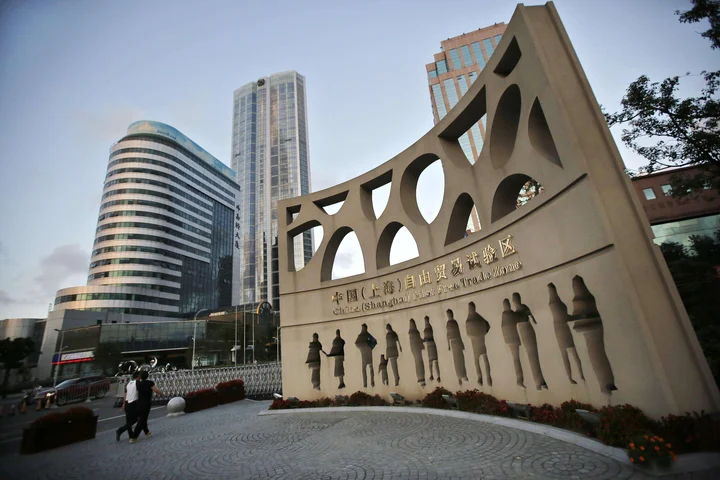
2. Guangdong Free Trade Zone
China (Guangdong) Pilot FTZ covers three areas: Guangzhou Nansha New Area (Guangzhou Nansha Free Trade Zone), Shenzhen Qianhai Shekou Area (Shenzhen Shekou Free Trade Zone), and Zhuhai Hengqin New Area (Zhuhai Hengqin FTZ) ), with a total area of 116.2 square kilometers, the Guangdong FTZ is based on the deep integration of Hong Kong, Macao and Taiwan. In December 2014, the State Council decided to establish the China (Guangdong) Pilot FTZ; on April 21, 2015, China (Guangdong) The opening ceremony of the Pilot FTZ was held in Nansha District, Guangzhou.
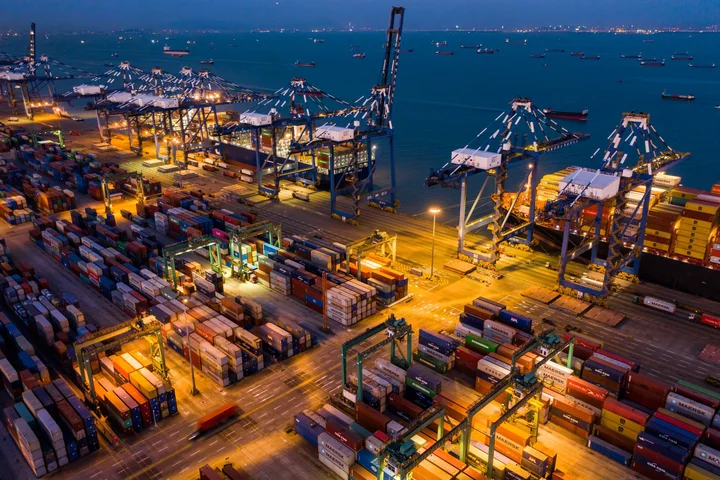
3.Tianjin Free Trade Zone
China (Tianjin) Pilot FTZ is the first one in northern China established with the approval of the State Council, covering an area of 119.9 square kilometers, all within the jurisdiction of Binhai New Area. In 2015 Officially launched on April 21. The Tianjin Pilot FTZ is backed by Beijing and Hebei and radiates northeast, northwest, and north China. It is an important node of the "Belt and Road". It has the largest port in the north and the second largest air cargo base in North China. Efficient connections, efficient and convenient sea, rail, air and land multimodal transport, and international trade and investment and financing businesses are concentrated, making it an important platform for China's opening to the outside world. On December 12, 2014, it was decided to establish the pilot area. The total area of the pilot area is 119.9 square kilometers , mainly covering 3 functional areas, Tianjin Port Area, Tianjin Airport Area, and Binhai New Area Central Business Area.
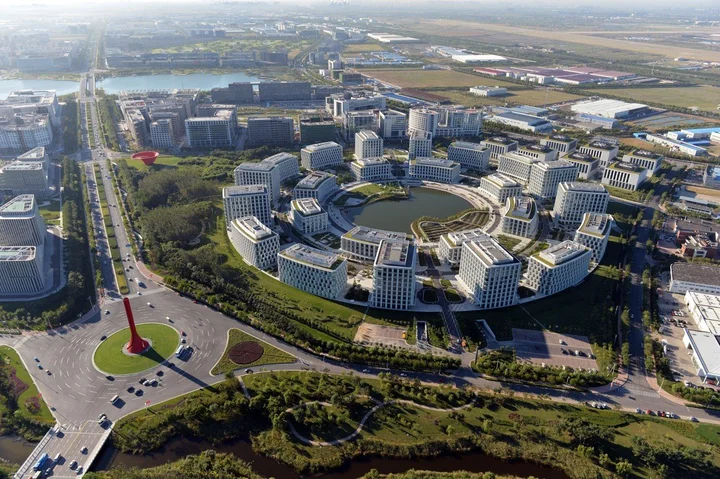
4. Fujian Free Trade Zone
China (Fujian) Pilot FTZ is established in Fujian Province approved by the State Council ofChina, and it is also closest to Taiwan. Fujian FTZ includes Fuzhou area, Xiamen and Pingtan area. Fujian is an important exchange province in China with Taiwan. In the overall regional economic structure, the central government has given Fujian new tasks and roles. By 2020, Fujian's economic aggregate will surpass that of Taiwan. This also means that the central government will give Fujian a series of supporting economic incentive policies as a "gift package", and the approval of the establishment of a FTZ may be the most direct dividend.
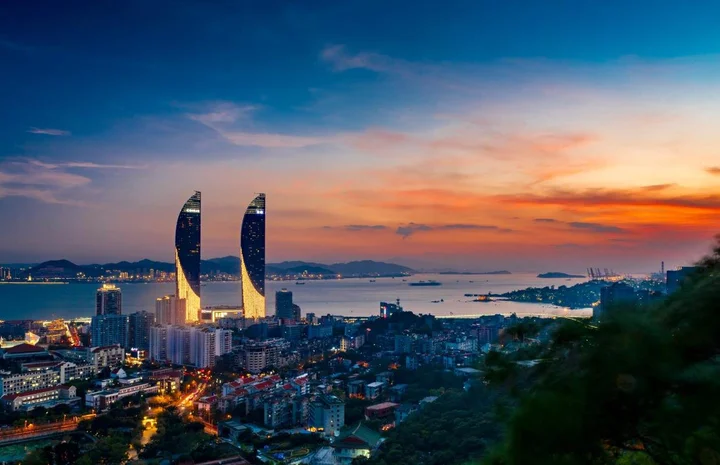
5. Liaoning Free Trade Zone
China ( liaoning ) Pilot FTZ is established by the Chinese central government. On March 31, 2017, the State Council issued the overall plan for the China (Liaoning) Pilot FTZ. The scope of implementation is 119.89 square kilometers, covering three areas: Dalian area of 59.96 square kilometers (including Dalian Free Trade Zone 1.25 square kilometers, Dalian Export Processing Zone 2.95 square kilometers, Dalian Dayaowan Bonded Port Area 6.88 square kilometers), Shenyang Area of 29.97 square kilometers , Yingkou area is 29.96 square kilometers. The strategic positioning is to accelerate the reform of market-oriented systems and mechanisms, actively promote structural adjustment, and strive to build the Pilot FTZ into a new engine for improving the overall competitiveness of the development of the old industrial base in Northeast China and the level of opening to the outside world. velopment mode, Improve the quality and level of economic development.
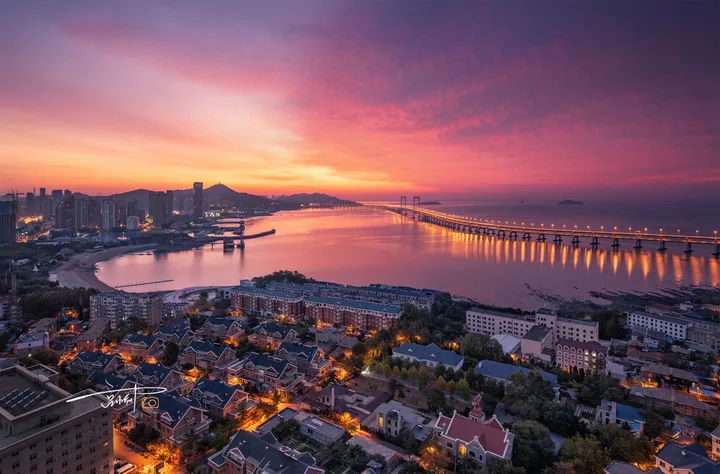
6. Zhejiang Free Trade Zone
China ( zhejiang ) Pilot FTZ, is established by the Chinese government in the Zhoushan Islands New Area of Zhejiang Province. It is the only ftz in China composed of land and sea anchorages, and it is also an important window for China to establish cooperation with countries along the “Belt and Road” initiative based on the frontier area of the Pacific Rim Economic Circle. It covers a total area of 119.95 square kilometers, covering three areas of Zhoushan outlying islands, the northern part of Zhoushan Island, and the southern part of Zhoushan Island. Transshipment of bulk commodities, processing trade, bonded fuel oil supply, equipment manufacturing, aviation manufacturing, international maritime services, international trade and bonded processing, etc.
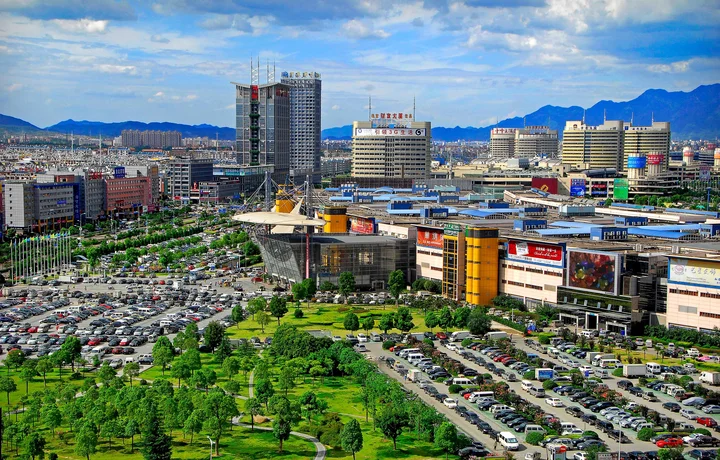
7. Henan Free Trade Zone
The implementation area of China (Henan) Pilot FTZ is 119.77 square kilometers, covering three areas: Zhengzhou area of 73.17 square kilometers, Kaifeng area of 19.94 square kilometers, and Luoyang area of 26.66 square kilometers. The strategic orientation of China (Henan) Pilot FTZ is to accelerate the construction of a modern three-dimensional transportation system and a modern logistics system that connects the north and the south and connects the east and west, and builds the Henan FTZ into a modern comprehensive transportation hub serving the “Belt and Road” construction, comprehensive Reform and opening up experimental field and inland open economy demonstration area.
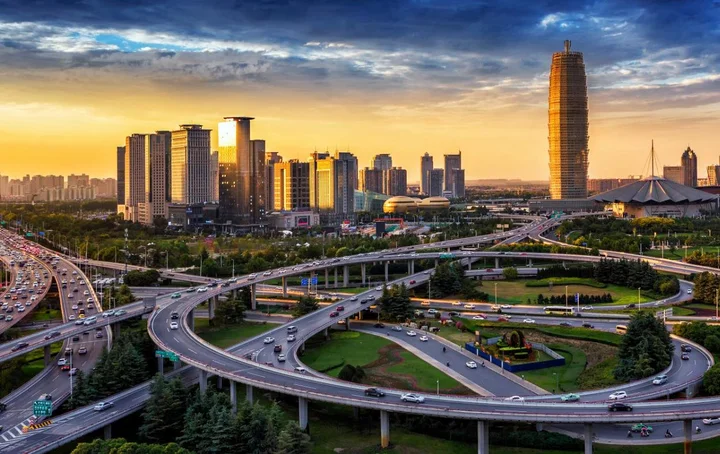
8. Hubei Free Trade Zone
The total declared area of the China (Hubei) Pilot FTZ is 120 square kilometers, including 70 square kilometers in Wuhan, 28 square kilometers in Yichang, and 22 square kilometers in Xiangyang. Each area cannot be divided and has a clear boundary closure point. Therefore, Wuhan's free trade zone is set in Optics Valley, no longer including Dongxihu, Yangluo and other areas. In late August 2016, the State Council decided to establish the China (Hubei) Pilot FTZ. The China (Hubei) Pilot Free Trade Zone was officially launched on April 1, 2017.
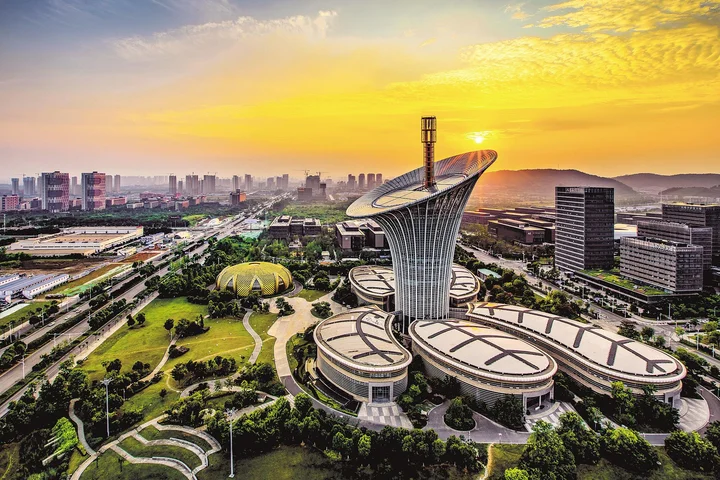
9. Chongqing Free Trade Zone
China (Chongqing) Pilot FTZ is a regional free trade zone established by the Chinese government in Chongqing. There are 3 areas in Xiyong area and Guoyuangang area. As of the end of July 2019, there were 29,287 newly registered enterprises (including branches) in the Chongqing Pilot Free Trade Zone, with a total registered capital of 292.829 billion yuan. 2,225 projects were introduced in the whole region, and the amount of signed contracts and agreements amounted to 627.123 billion yuan.
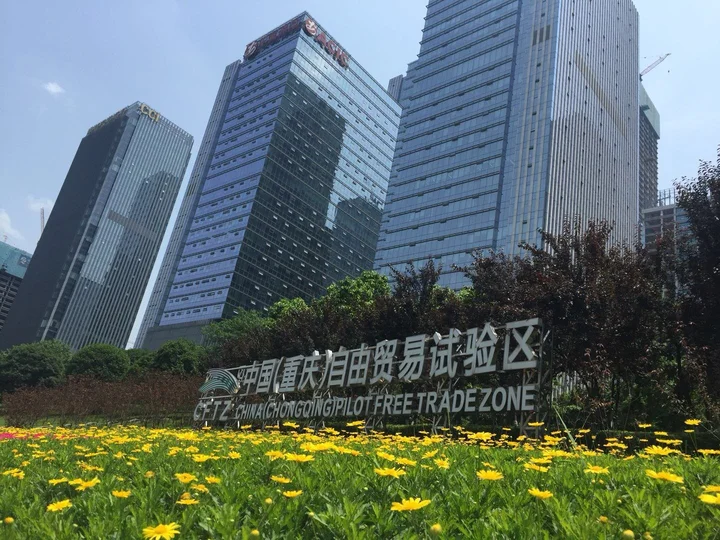
10. Sichuan Free Trade Zone
China (Sichuan) Pilot FTZ was established in March 2017 and is divided into two parts: Chengdu and Luzhou, covering three areas: Chengdu Tianfu New Area, Chengdu Qingbaijiang Railway Port Area, Sichuan Port Area, with a total area of 119.99 square kilometers. The main task of the Sichuan FTZ is to implement the requirements of the central government on increasing the opening up of gateway cities in the western region and building a strategic support belt for inland opening, creating an inland open economic highland, and realizing the coordinated opening of inland and coastal borders and rivers.
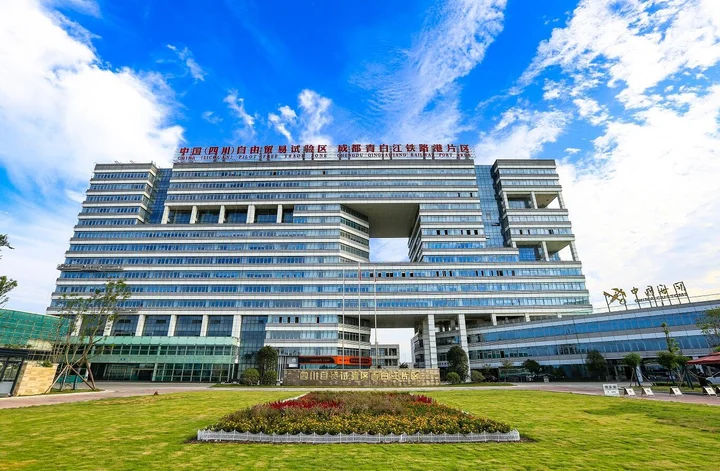

China has a long history of thousands of years, and many historical events are a major turning point.

Song poetry, with its colorful and colorful appearance, competes with Tang poetry, competes with Yuan music, and has always been called the double best with Tang poetry.

The beach is a romantic attraction. On the beach, watching the green mountains and green waters.
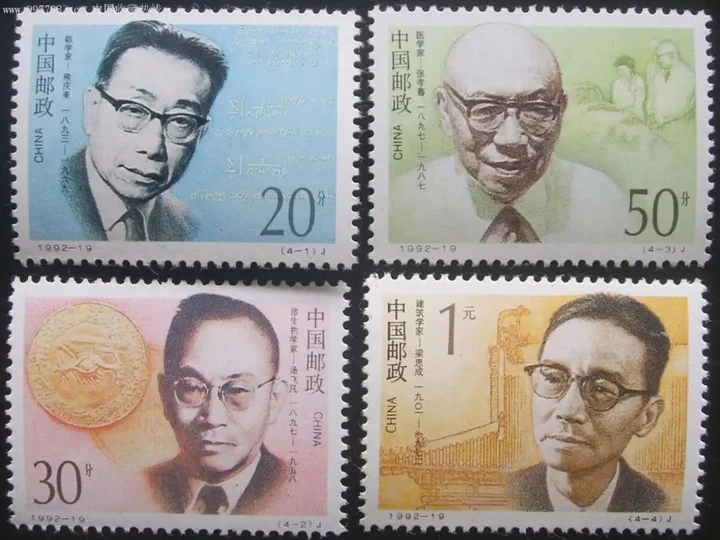
China's top 10 scientists, they are monuments of history, for the country and the people have made indelible contributions. Among them are......
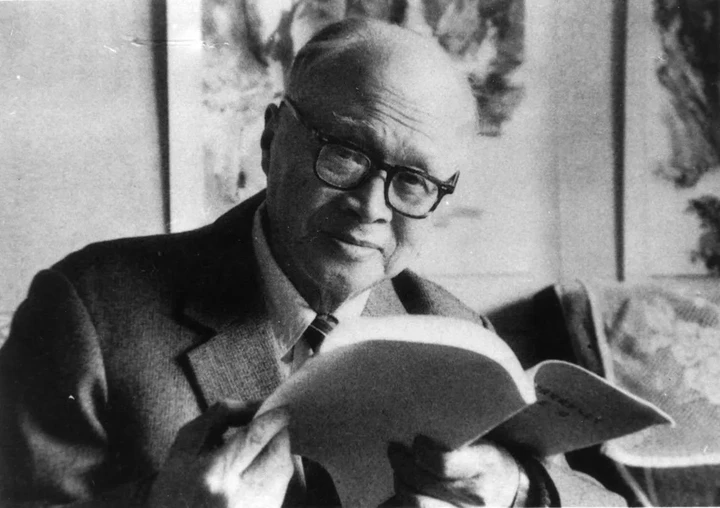
Scientists refer to a group of people who objectively and digitally reproduce, understand, explore and practice the unity of real nature and unknown life......